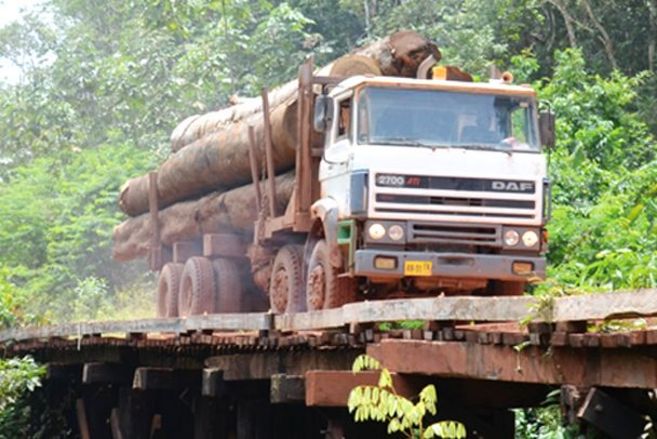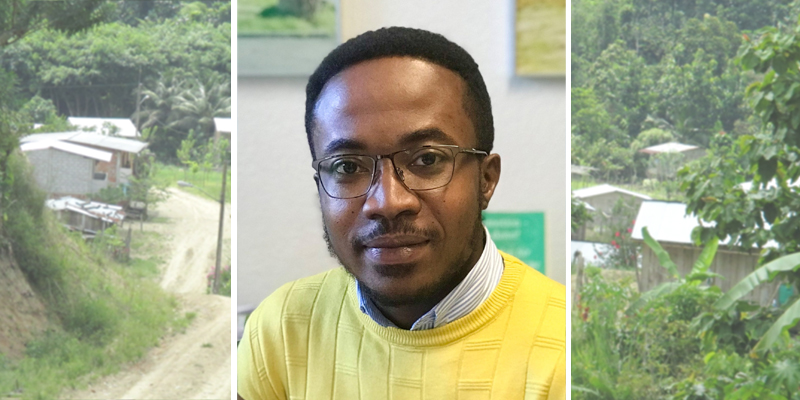Frank Mintah holds a Master of Philosophy (MPhil) degree in Planning (Land Use Planning and Land Governance) from the Kwame Nkrumah University of Science and Technology (KNUST) in Ghana, where he also undertook a bachelor’s degree (BSc Honours) in urban and rural planning. Further, he was a research fellow at the Chair of Land Management at the Technical University of Munich (TUM), Germany, as part of his master's, which was funded by the German Academic Exchange Service (DAAD) under the programme Network of Excellence on Land Governance in Africa (NELGA).
His research interests include forest governance and institutions, social-ecological systems, system dynamic modelling and environmental justice. His current research, which is part of the ERC-funded SUSTAINFORESTS research project, is about identifying sustainable governance pathways for forest patches in the agricultural landscapes of western Africa (Togo, Benin, Nigeria and Cameroon). He utilizes approaches such as participatory systems dynamics modelling, scenario planning, focus group discussions, surveys and in-depth interviews to understand forest social-ecological systems and facilitate the co-production of knowledge. His previous research works have explored customary governance and spatiotemporal changes in wetlands, gender-based tenure security, climate change and land use planning nexus in Ghana.
In his role as a guest researcher (17.02. until 14.05.2025), he will be working on a new chapter of his doctoral research together with Dr. Melvin Lippe with the goal of utilising a system thinking approach to analyse forest social-ecological systems in western Africa, utilising both qualitative conceptual modelling and systems dynamic modelling. His research will contribute to understanding future forest change and their livelihood impacts on forest communities and provide leverage points for sustainable management and governance.
Frank Mintah – guest researcher from the University of Bern
Scroll to top









